
5 AFL players who should be in the Hall of Fame
The Australian Football Hall of Fame, established in 1996 was set up in a bid to recognize the contributions of exceptional individuals. Coaches and players to media personalities and administrators have contributed richly to the Australian Football League.
Initially, it had 136 inductees, which has swelled to over 300 now. Since 2015, the AFL Hall of Fame has been open to anyone who has been involved in the game since its inception in 1858. However, it seems only a privileged few from the elite leagues – VFL/AFL, WAFL, SANFL, the historic Challenge Cup and the VFA – have been inducted.
With no intention to diminish those who have made it in, we dive into five AFL legends whose absence from the Hall of Fame is puzzling, as we believe have earned their stripes by remarkable performances and should be immortalised in the Hall of Fame.
#1 Alastair Clarkson
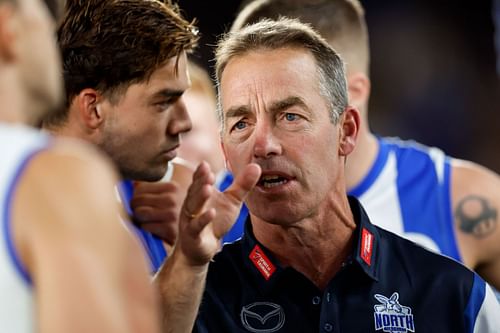
Alastair Thomas Clarkson has left an indelible mark on the league both as a player and as a coach.
Clarkson's journey to AFL stardom began on the field, where he played 11 seasons, nine for North Melbourne and followed by two for Melbourne. The midfielder (sometimes forward) played 134 games.
Transitioning from player to coach, Clarkson went on to dazzle in his coach position. First as assistant coach at St Kilda (1999), then head coach of VFL club Werribee (2000), and head coach of SANFL club Central District (2001-2002), and assistant coach at Port Adelaide (2003-3004).
In 2005, Clarkson was appointed senior coach of the Hawthorn Hawks, a move that would change the course of AFL history. Despite the Hawks’ seemingly hopeless state at the time, having finished next to last the previous season.
Only three years into Clarkson’s reign, the Hawks claimed their first premiership since 1991, defeating Geelong in the grand final. From 2012 to 2015, Clarkson established himself as a legendary coach, leading Hawthorn to four consecutive grand finals. They won three of those four premierships, making them the sixth team in AFL history to win three consecutive premierships.
Clarkson is one of the few men to have coached a team through four premierships, not to mention how many great coaches got their start as his assistant. He's widely considered s one of the most innovative and successful coaches in AFL history, an early adopter of using data analysis in coaching.
It does leave one wondering what sort of oversight it could be that the Hawthorn star coach is yet to be inducted into the Hall of Fame.
#2 Tony Modra
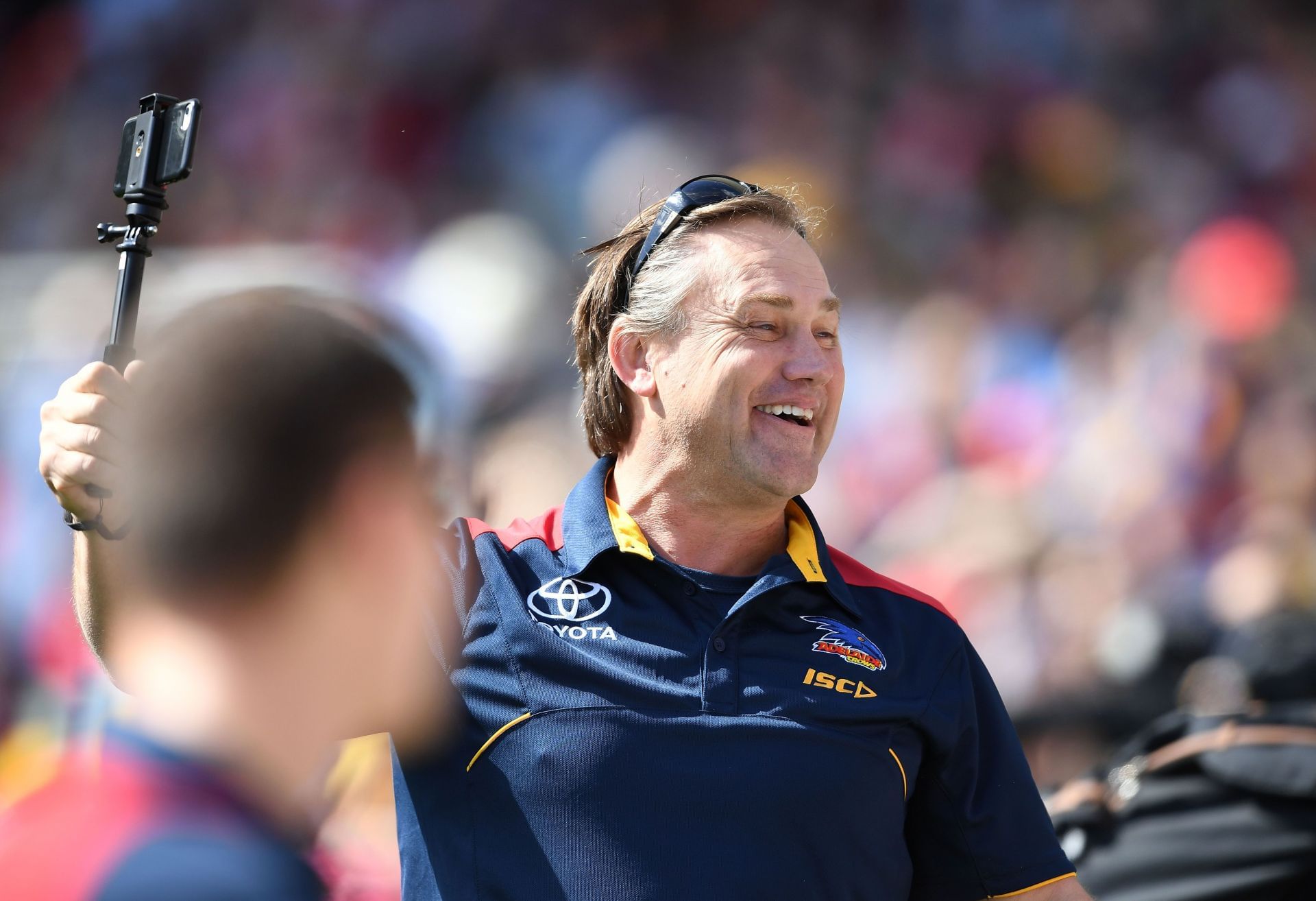
Tony Modra represented Adelaide Crows and Fremantle. He made an undoubtedly remarkable impact on the league with a reputation as a prolific goal-kicker in the SANFL with Port Adelaide,in 1990. He broke the record for most goals in a season, with 153. Modra played eight games and kicked 21 goals in his debut season in 1992.
It's confusing why Modra’s achievements haven’t won him a spot in the AFL Hall of Fame. It could be argued that the 1994 incident where he insulted a flight attendant on a flight to Hong Kong lingers, irrespective of his apology.
At the start of 1993, an injury led the club star Scott Hodges inactive, allowing Modra an opportunity to shine as full-forward with Adelaide, and he grabbed the opportunity with both hands.
Kicking 10 goals in the opening round against Richmond, he finished the year as a Coleman medal runner-up with 119 goals. He won it in 1997 for the most goals in the season, alongside an All-Australian nomination. He also earned three Mark of the Year awards throughout his career (1993, 1997, 2000).
Stats aside, the full-forward was a game-changer, quite literally. His impeccable scoring abilities set Adelaide very much ahead once matches began. After returning from a break instigated by a knee injury in 1997, Modra could not regain form and didn;t participate in the 1998 AFL Grand Final, making him one of few star Crows without a premiership medallion in 1997 and 1998.
Modra may not have copped a premiership medallion during his playing days, but his impact on the game goes far beyond championships. He no doubt inspired a generation of footy fans.
As we await the next batch of inductees into the AFL Hall of Fame, let's not forget the players who paved the way for the stars of today, Tony Modra being one.
#3 Gary McIntosh
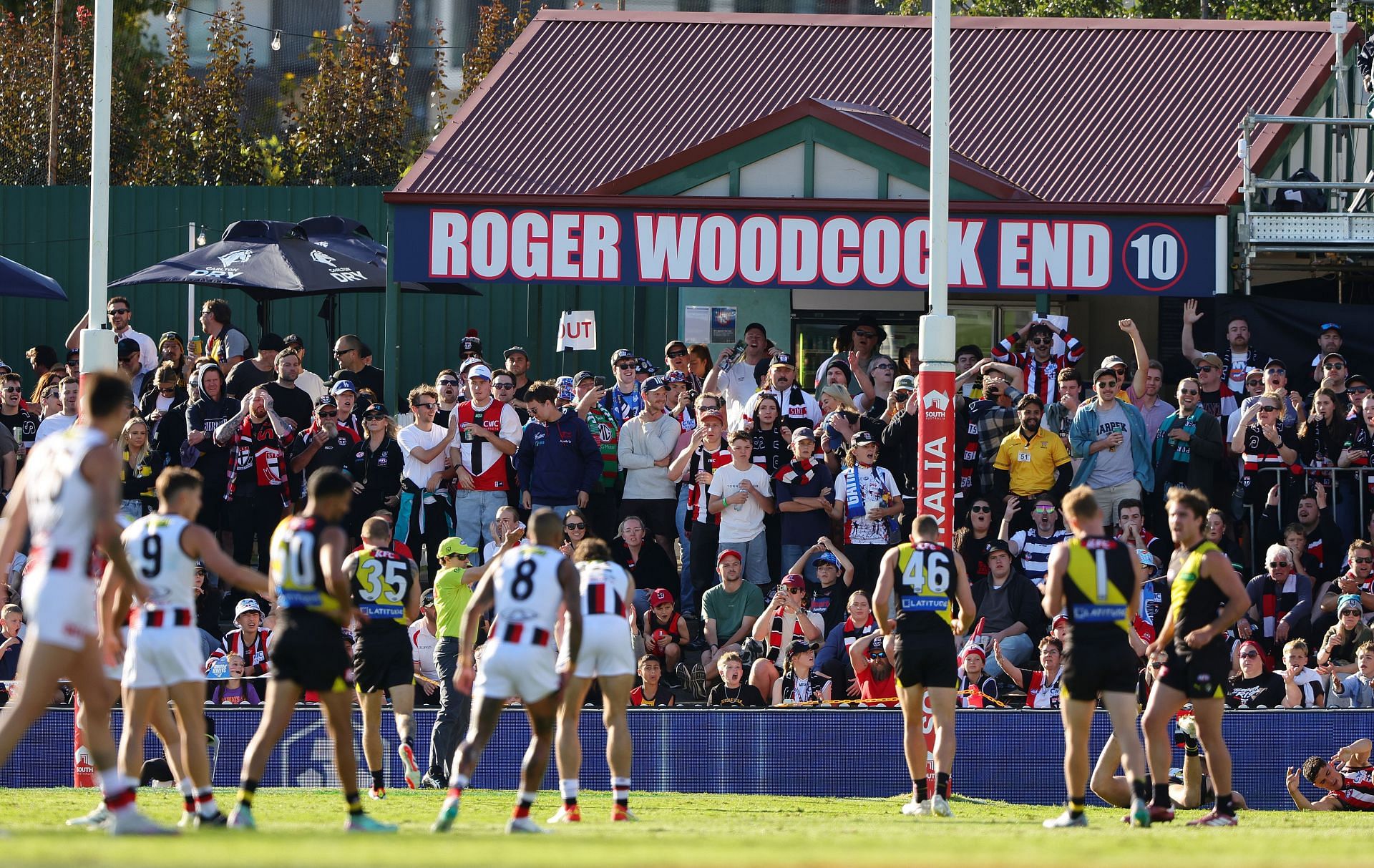
His non-inclusion in the Hall doesn't dwindle McIntosh’ contributions to the league. He debuted with Norwood in 1982.
Some of his achievements are; two-time premiership player (1982, 1984), Norwood’s Best and Fairest (1987, 1991), Norwood club captain (1990-1998), two-time Margarey medallist (1994, 1995), 12 state games for South Australia as captain (1992, 1995, 1997) and three-time Fos Williams Medallist (1984, 1992, 1995).
International rules football for Australia (1984-1986), Norwood coach (2002-2004), Norwood Games Record Holder;371 (1982-1998), Norwood Player Life Member, SANFL Player life member and Norwood team of the century- Half-forward Flank are some of the others.
#4 Phil Cleary
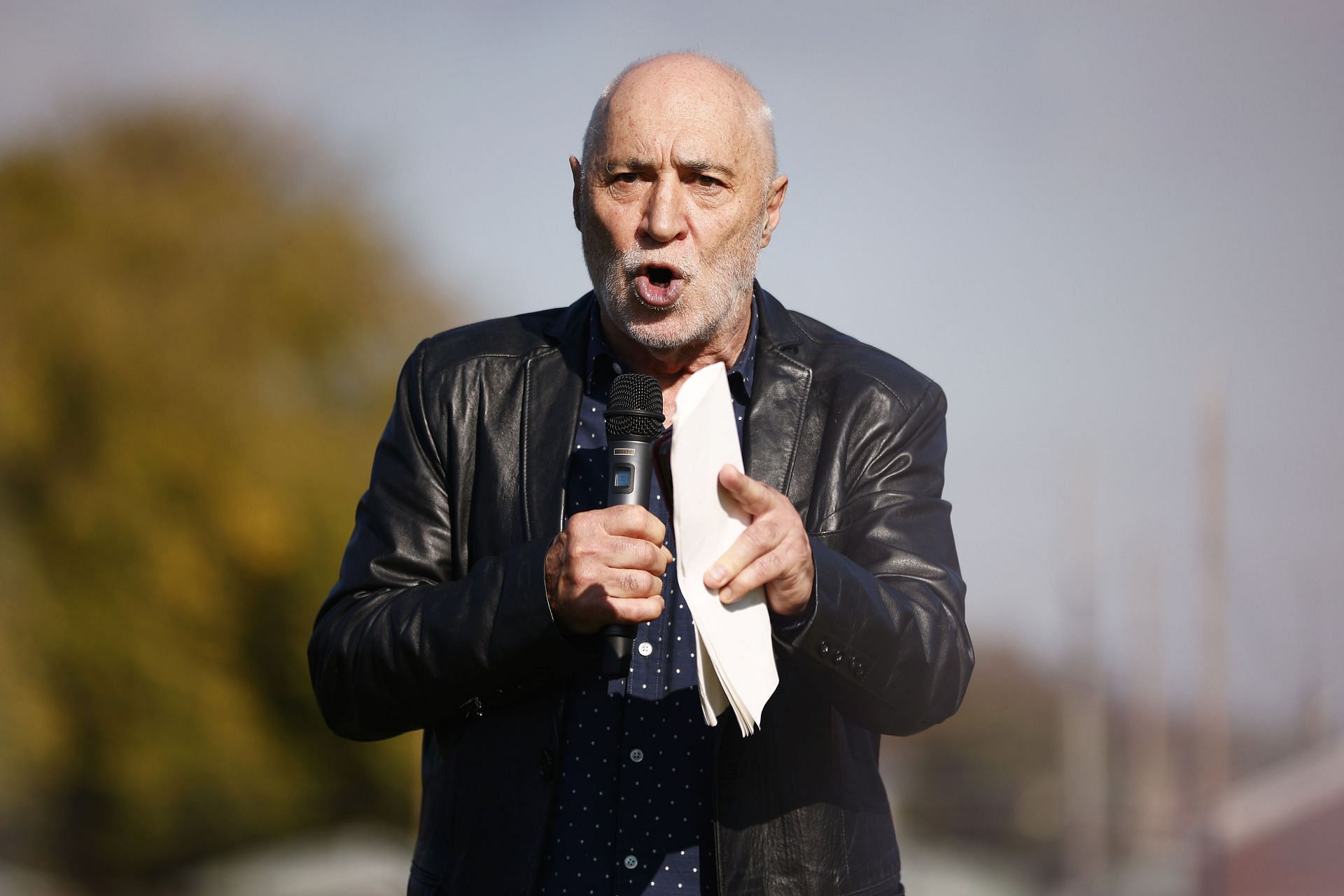
Coburg’s Phil Cleary was one of the VFL’s best known players over the course of a 12-year career (1975-1987) and a total of 205 games, which has only been exceeded by Dave Starbuck in club history.
Cleary was first noticed as coach and player in the Victorian football association for Coburg Football Club. Throughout his career, he booted 318 goals. He played in the 1979, 1980 and 1986 premierships, winning in 1979.
Cleary served as captain-coach at Coburg from 1984 to 1987, followed by a tenure as non-playing coach from 1988 to 1992, leading the club through back-to-back premierships in 1985-86.
#5 Ted Henrys
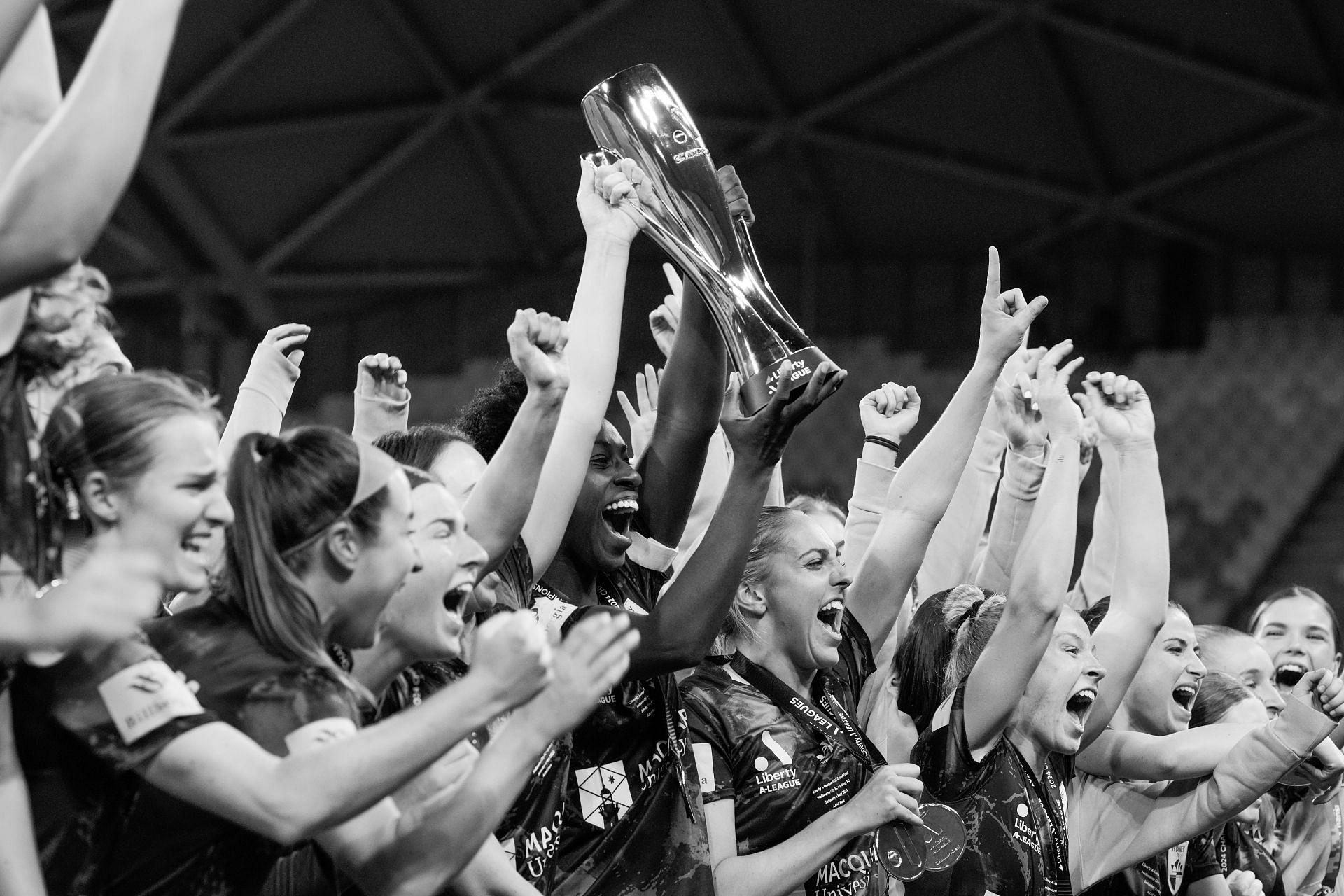
After 70 games at Brunswick over five years in 1950, it seemed Ted Henrys had been a mere handy player, one to easily be forgotten after retirement.
Persuaded by his wife, he had another go at Association football at Preston where he made a fairly promising debut in the opening round’s seconds of the 1951 season. Soon after, Henrys was promoted to the league, adjusting comfortably into his new position as full back. His work on the last line of defence elevated the Bullants.
A three-time Preston best and fairest (1951, 1952, 1953), he made history in what was left of those years. Henrys alongside Frank Johnson (Port Melbourne) were the first Ass0ciation Players to be honoured with an All Australian team.
Irrespective of his height deficit, Ted Henrys was strong overhead, once credited with a drop kick of 69.5 metres.
Ninety-eight games later, Henrys retired at the end of the 1955 season, after which he served as assistant coach of the club (1963-1967) at 43.